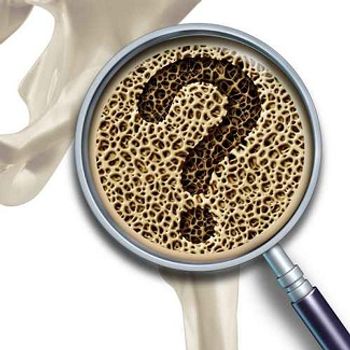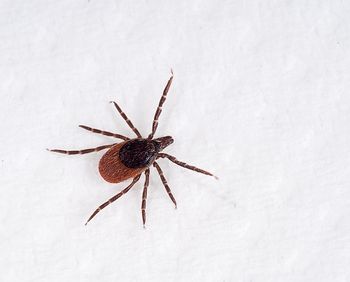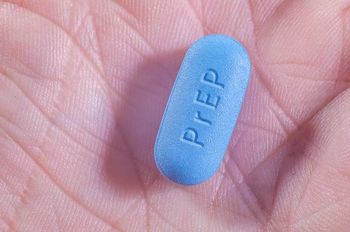
The neighboring nation to the DRC has also launched ring vaccination following the confirmation of 3 travel-associated Ebola cases.

The neighboring nation to the DRC has also launched ring vaccination following the confirmation of 3 travel-associated Ebola cases.

A new study finds that age, sex, and site of infection can increase the risk of long-term mortality in the first 5 years following sepsis survival.

We asked those working on the frontlines to share their thoughts on the scope of the problem and possible solutions.

A phase 1 study demonstrated that pembrolizumab is appropriate for FDA-approved indications and clinical trials among people living with HIV and advanced cancer.

It's time to use data technology to help tackle epidemics and pandemic preparedness.

According to the study, the 3 contraceptive methods that were studied had high levels of safety and effectiveness in preventing pregnancy and well received by study participants.

How can we possibly clean our hands with highly contaminated sinks?

A team of investigators at Washington University School of Medicine used favipiravir to cure Bourbon virus in a mouse model.

Spurred by an increasing population of homeless individuals and a waning vaccination rate, Los Angeles is teetering on the brink of an infectious disease emergency.

A recent study found some improvement in bone density after PrEP discontinuation along with some lingering concerns, particularly among the youngest participants.

Health officials point to substantial progress in flu surveillance, treatment, and prevention; however, the global population remains vulnerable to new emerging viruses.

Develop an exposure plan before a communicable disease event and save yourself time and money.

Here is a look at infectious disease-related US Food and Drug Administration news from the week of June 9, 2019.

We’ve rounded up a list of important US Food and Drug Administration (FDA) and US Department of Agriculture (USDA) recalls from this past week.

Stay up-to-date on the latest infectious disease news by checking out our top 5 articles of the week.

Research from APIC provides insight into how to strengthen this critical component to patient safety.

Health workers had to act quickly when 30,000 gallons of water spilled into the operating room of a level 1 trauma center in Texas.

The Leptospira genus is much more diverse than previously thought, according to a new analysis.

Failure to fill prescriptions is a common issue among adolescents diagnosed with sexually transmitted infections in emergency departments, according to a new research letter.

This warning comes after the FDA was made aware of bacterial infections caused by multidrug-resistant organisms have occurred following transmission during FMT.

Research documents inadequate sanitation at a skilled nursing facility and a long-term acute care facility where an individual with A baumannii infection was treated.

Although a new study finds that bone toxicities were lower than expected in PrEP users, investigators say that those at higher risk of bone fracture may want to seek PrEP alternatives once available.

The cases are concerning, especially after 1 death was reported in 1 of the infected individuals, although it’s not clear whether the rare tick-borne Powassan virus was directly responsible.

Investigators from the Washington State Department of Health set out to identify ways to leverage technology to increase public awareness of the importance of antimicrobial stewardship.

The HIV Medicine Association reports that the recommendation, once implemented in 2021, will require insurers to cover PrEP with no cost-sharing to patients.

EMS practiced hand hygiene before patient contact in just 7% of assessments but wore gloves in 100% of observed interactions

Lancet Infectious Diseases study shows that dogs meet WHO threshold for distinguishing infected from non-infected based on smell.

A series of new innovations in the use of CRISPR to edit the genome of a filamentous rice fungus could have significant implications for human health.

Dentists write 1 in 10 antibiotic prescriptions in the United States and a new study has found that more than 80% of the antibiotics prescribed for infection prophylaxis are unnecessary.

This case is the first confirmed case of Ebola that Uganda has detected during the ongoing outbreak in the neighboring Democratic Republic of the Congo.